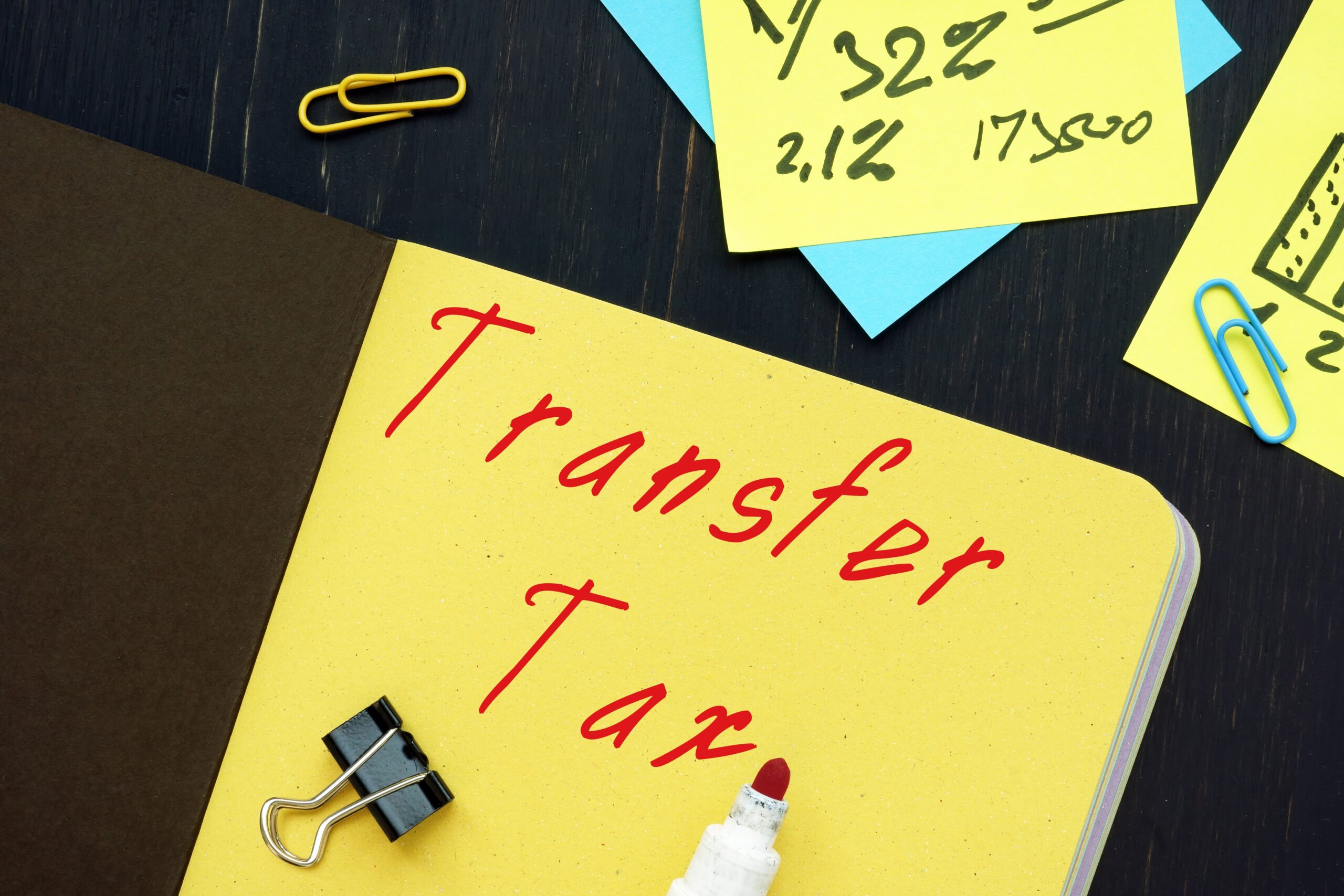Local governments, the State of California, and the federal government have or will soon pass a number of measures meant to protect businesses from the economic effects of the coronavirus. This week, we summarize several business assistance programs and available funding sources, as well as San Francisco’s moratorium on commercial evictions. (San Francisco has also put in place residential eviction protections, which we do not address in this summary.)
Commercial Evictions
In response to the emerging COVID-19 pandemic, on March 16, California Governor Gavin Newsom took the extraordinary step of issuing Executive Order No. N-28-20, authorizing local governments to, in part, effectively halt monetary evictions for commercial tenants through May 31, 2020 unless extended. Two days later, San Francisco Mayor London Breed issued a Fourth Supplement to Mayoral Proclamation Declaring the Existence of a Local Emergency dated March 18, 2020, implementing a temporary local moratorium on the commercial evictions of qualifying tenants (the “Eviction Moratorium”).
The following provides a summary of key terms of the Eviction Moratorium and looks at other avenues of equitable relief that commercial tenants may also consider following its expiration or as a means to reduce rent.
Eviction Moratorium Rules and Duration
The Eviction Moratorium applies to commercial tenants with $25 million or less in combined worldwide gross receipts for the 2019 tax year (each, a “Qualifying Tenant”). This amount will be prorated for Qualifying Tenants that operated for only part of the year.
Commercial landlords may not recover possession of a Qualifying Tenant’s premises for non-payment of rent due on or after March 17 without first providing the Qualifying Tenant with proper notice and an opportunity to cure. This required notice must give Qualifying Tenants at least thirty days to cure from the date of receipt of the notice. During the cure period, Qualifying Tenants may either pay rent or provide documentation of its inability to do so due to the “financial impact” of COVID-19. Financial impact is defined as meaning a substantial decrease in business income due to illness, disruption, reduced hours or consumer demand, or temporary closure.
If a Qualifying Tenant provides the required documentation, the cure period is automatically extended by thirty days to allow for the parties to engage in the good faith negotiation of a payment plan. There is no guidance on what qualifies as sufficient documentation, creating what appears to be a low threshold for Qualifying Tenants to satisfy. If the parties are unable to agree on a payment plan, the cure period is extended for another thirty days, provided the Qualifying Tenant submits additional documentation of its inability to pay due to COVID. In total, the cure period may be extended in this manner for up to six months.
At the end of a Qualifying Tenant’s cure period, if it has not paid all outstanding rent the landlord may commence eviction proceedings. The Eviction Moratorium also does not relieve Qualifying Tenants of their underlying obligation to pay rent or restrict landlords’ ability to eventually recover rent that is otherwise due. Further, the Eviction Moratorium does not preclude landlords from seeking to recover rent through means “other than eviction for non-payment of rent”, which would seem to leave open the door for landlords to immediately seek monetary damages through civil litigation when rent becomes delinquent. However, due to court closures and delays in processing, this remedy is unlikely to be productive.
The Eviction Moratorium is effective until April 17 but may be extended an additional thirty days by Executive Order from Mayor Breed. The above-described cure period requirements survive expiration of the Eviction Moratorium.
San Francisco’s Office of Economic and Workforce Development has been tasked with developing implementation guidelines for the Eviction Moratorium and may also grant waivers for landlords who demonstrate that an inability to evict nonpaying Qualifying Tenants “would cause significant financial hardship (e.g. default on debt or similar enforceable obligation).” In negotiating payment plans with Qualifying Tenants, Landlords should anticipate the potential duration of cure periods for Qualifying Tenants they lease to and evaluate their own likelihood of being granted a waiver.
The Eviction Moratorium Expired – Now What?
As mentioned, the Eviction Moratorium does not mean Qualifying Tenants are now completely off the hook for paying rent while the Eviction Moratorium is in effect, as commercial landlords retain the right to collect all delinquent rent and may still seek non-eviction relief. Considering this eventuality, commercial tenants and landlords alike may wonder what other avenues of relief commercial tenants might seek on the basis of financial hardship from COVID-19.
These interested parties should first look to the language of their lease. While uncommon in commercial leases, the presence force majeure clauses should be considered. Also, the legal theories of frustration of purpose, impossibility or inability to perform clauses in real estate contracts and agreements may be applicable. In eviction or other civil proceedings to recover rent that became due as early as March 2020, commercial tenants (whether Qualifying Tenants or not) should be expected to assert similar equitable defenses, while landlords will posit their own equitable arguments of fairness. It remains to be seen how the courts will handle and evaluate these claims.
Finally, given how quickly state and local governments have moved to place a moratorium on monetary evictions, it remains to be seen if similar executive orders or legislation will be enacted with respect to other commercial lease and/or contract provisions, non-monetary or otherwise.
Business Assistance Programs
Following is a summary of state and local assistance programs to aid business during the coronavirus emergency. The federal stimulus bill is still being drafted but it is expected to pass within days; we have sourced news articles for its business and employee protection measures.
SAN FRANCISCO
- Deferred Business Taxes for Small Businesses: For businesses with up to $10 million or less in gross receipts, the City is deferring payment of quarterly business taxes—gross receipts, payroll, commercial rents, and homelessness gross receipts—by nine months, from April 30, 2020 to February 2021, with no interest or penalties. This will provide immediate cash-flow assistance to 8,050 small businesses. (https://sftreasurer.org/covid19)
- Deferred Business License Fees: The Office of the Treasurer & Tax Collector collects annual license fees on behalf of the Department of Public Health, Fire Department, Police Department, Entertainment Commission and the Office of Cannabis. The due date for license fees, March 31, 2020, is extended to June 30, 2020. (https://sftreasurer.org/covid19)
- COVID-19 Small Business Resiliency Fund: The City established a fund administered by OEWD to offer emergency grants up to $10,000 for employee salaries and rent for microbusinesses (up to 5 employees). Businesses must be able to show a recent loss in revenue of 25% or more, and have less than $2,500,000 in gross receipts. (https://oewd.org/covid-19-small-business-resiliency-fund)
- SF Emerging Business Loan Fund: offers loans ranging from $50,000 to $250,000 to qualifying commercial projects. The purpose of the Emerging Business Loan Fund is to originate commercial loans that support high impact businesses and projects with the potential to increase economic activity in San Francisco as well as create jobs for low to moderate income individuals. (https://www.mainstreetlaunch.org/san-francisco-launch/ and https://oewd.org/grant-and-loan-programs)
- Paid Sick Leave – Workers and Families First Program: The City will contribute $10 million dollars for private businesses to provide up to 40 hours (5 days) of additional paid sick leave time to employees beyond existing policies through this program. This new program provides financial assistance to businesses and nonprofits and may support over 16,000 additional weeks of sick leave pay and coverage for up to 25,000 San Francisco employees. All San Francisco businesses are eligible, with up to 20% of funds reserved for small businesses with 50 or fewer employees. The City will contribute up to one week (40 hours) at $15.59 per hour (minimum wage) per employee, or $623 per employee. The employer will pay the difference between the minimum wage and an employee’s full hourly wage. (https://sfmayor.org/article/mayor-breed-announces-plan-provide-paid-sick-leave-workers-impacted-coronavirus and https://sfgov.org/olse/san-francisco-paid-sick-leave-coronavirus)
STATE:
- Employment Development Division (EDD) Extension: EDD is granting a 60-day extension to file state payroll reports and/or deposit state payroll taxes without penalty or interest for employers experiencing hardship from COVID-19. (ca.gov/pdf_pub_ctr/de231sed.pdf)
- Work Sharing Program: Employers can apply for the program if they are looking for alternative to layoffs due to reduced production, services, or other conditions. This program helps employers keep their trained employees so that when business conditions improve, they can avoid the expense of recruiting, hiring, and training new employees, and save employees the hardship of becoming fully unemployed. (https://www.edd.ca.gov/unemployment/Work_Sharing_Program.htm)
- Rapid Response Service for Businesses: Rapid Response teams will meet with businesses/employers to help avoid layoffs where possible and support employees through the process. Services can include upgrades to current worker skills, customized training, career counseling, job search assistance, help with filing unemployment insurance claims, and information about education and training opportunities. (https://www.edd.ca.gov/pdf_pub_ctr/de8714rrb.pdf)
FEDERAL STIMULUS PACKAGE (per New York Times):
- Employee/unemployment benefits. Unemployment insurance will be extended by 13 weeks, and employee benefits will be enhanced for a period of four months. Workers will maintain their full salaries if forced out of work as a result of the pandemic. Freelances and gig workers will be offered these same benefits.
- Small business loans with forgiveness for companies that keep employees. $350 billion in lending programs for small businesses that keep payrolls steady, and small businesses that pay their employees for duration of the crisis will have loans forgiven.
- Federal Reserve loans. The Federal Reserve will leverage $425 billion for loans to help “broad groups of distressed companies.”
Authored by Reuben, Junius & Rose, LLP Attorneys Mark Loper and Michael Corbett
The issues discussed in this update are not intended to be legal advice and no attorney-client relationship is established with the recipient. Readers should consult with legal counsel before relying on any of the information contained herein. Reuben, Junius & Rose, LLP is a full service real estate law firm. We specialize in land use, development and entitlement law. We also provide a wide range of transactional services, including leasing, acquisitions and sales, formation of limited liability companies and other entities, lending/workout assistance, subdivision and condominium work.





